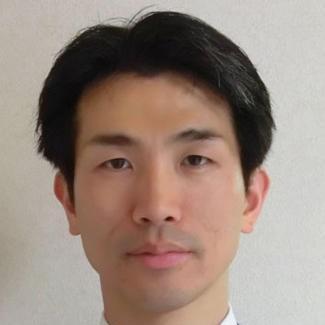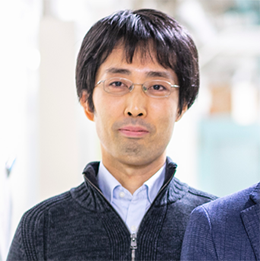Name/Position
Department/Specialty/Research Content
Thesis Advisor
-

Anatomy
Mechanisms of cerebral cortical development
We are interested in the cellular and molecular mechanisms of how the cells in the central nervous system, in particular the cells in the cerebral cortex, are born, migrate to their final destinations, develop unique structures such as layers, and finally form such a complex network to enable the various higher brain functions. We are also investigating how these developmental processes are disturbed by various perturbations.
Thesis Advisor:Master's
、 Doctoral -

Anatomy
Understanding the Formation of Vascular Networks
Unlocking the mysteries of the dynamics of how the blood vessel network is able to reach remote locations of the body using the latest imaging techniques. On this foundation, developing completely new molecular targeted treatments for cancer and ischemia, etc.
Thesis Advisor:Master's
、 Doctoral -
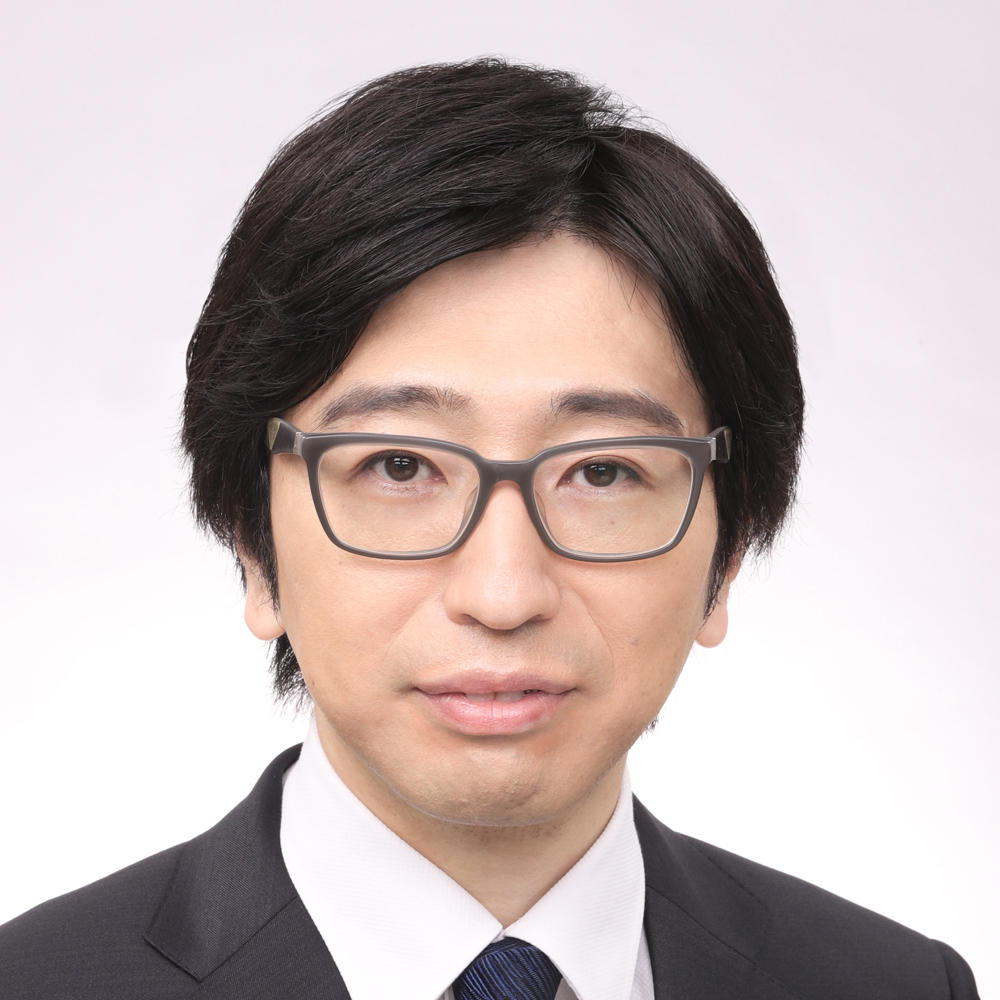 Hiroshi MakinoProfessor
Hiroshi MakinoProfessor
Physiology
Neural principles of natural intelligence in health and disease
Through interdisciplinary research integrating neuroscience and AI, we aim to decipher the neural mechanisms underlying various domains of natural intelligence in health and disease, exhibited both individually and collectively.
Thesis Advisor:Master's
、 Doctoral -
-

Physiology
Neural stem cell biology
Elucidating the mechanisms of spatio-temporal regulation of the self-renewal and differentiation potential of neural stem cells which provide the basis for the central nervous system histogenesis.
-

Physiology
Specialization trait acquisition mechanism of nervous system/neural cells
Clarification of the maintenance and acquisition mechanisms of CNS cell group differentiation from an epigenetic expression regulation mechanism perspective; development of cell lineage regulation techniques.
-

Pharmacology
Water Biology and Medicine: understanding of in vivo water dynamics and the roles of aquaporins
A double-sided analysis of the structure-function relationship of aquaporins (water channels) consisting of a biochemical approach and molecular dynamic simulations. Furthermore, researching aquaporin regulation mechanisms and high-order functions, and building a basis for drug development.
Thesis Advisor:Master's
、 Doctoral -

Pharmacology
Molecular pharmacology of Aquaporin
Investigating the molecular role of water channel ‘Aquaporin’ in pathogenesis of inflammatory disease, and propose a novel therapeutic strategy and target.
-
Pharmacology
Pharmacology of the Central Nervous System, Imaging
Understanding the pharmacology, physiology and pathophysiology of the brain through pharmacological characterizations of drugs working on the central nervous system. Analyses on the pharmacological properties of non-neuronal cells are being undertaken by utilizing non-linear optical imaging techniques in addition to molecular and cellular biological methods.
-
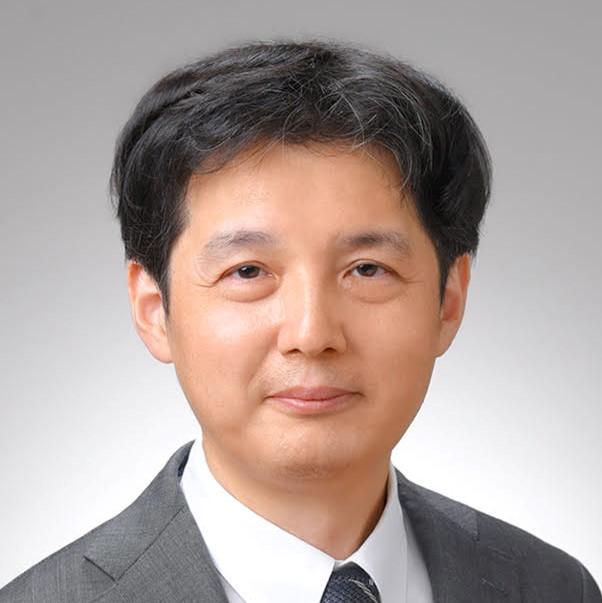
Biochemistry
Gastroenterology, Cancer biology, Regenerative medicine
We develop organoid culture protocol for a variety of tissue cells and are study how tissue cell behaviour in a biological context. We particularly focus on applying organoid technology to cancer research and regenerative medicine.
Thesis Advisor:Master's
、 Doctoral -

Preventive Medicine and Public Health
Preventive medicine; environmental and occupational medicine
To achieve primary prevention for all in every community, my main research topic is tailor-made preventive medicine based on epidemiology with population-based cohort studies, combining multi-omics technologies, metabolomics in particular. Furthermore, pursuing social prevention efforts through establishing environmental and occupational standards for protecting population and workers' health through a scientific risk assessment process.
Thesis Advisor:Master's
、 Doctoral -

Preventive Medicine and Public Health
Public health; lifestyle-related disease; epidemiology; nutrition; community medicine; international collaborative research
We are seeking to identify new biomarkers that predict incidence of lifestyle-related diseases, and also developing novel lifestyle modification (diet, etc.) that will prevent various diseases through large-scale cohort studies and international collaborative studies. Also we are performing regional intervention research through health training and community education, health policy making studies (Health Japan 21, Data Health), and establishing clinical guidelines based on epidemiologic evidence.
Thesis Advisor:Master's
、 Doctoral -
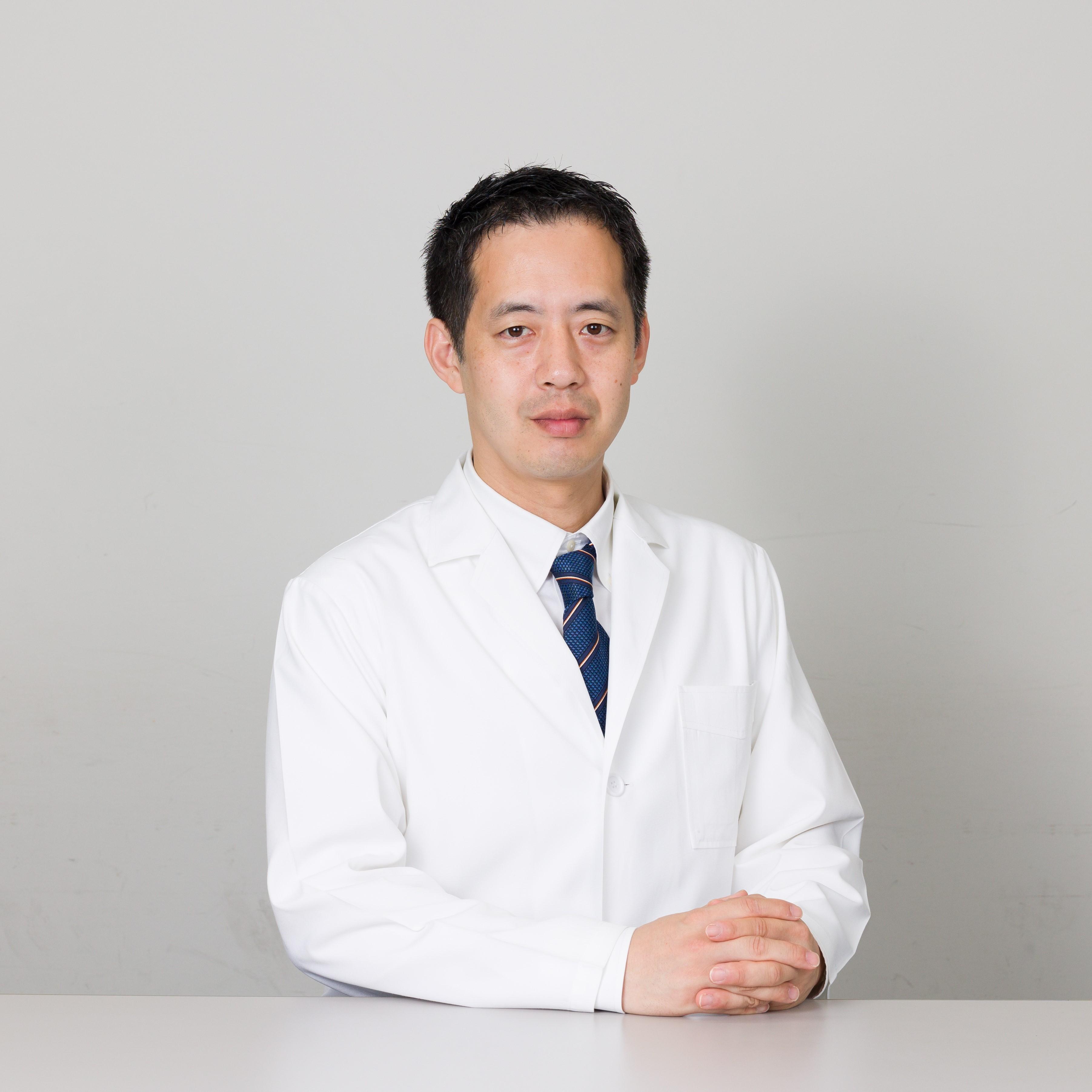
Department of Infectious Diseases
Infectious diseases, infection control, pulmonary infections, genetic susceptibility to infectious diseases
With the aim of elucidating factors contributing to the severity of infectious diseases and understanding host–pathogen interactions, as well as developing novel therapeutic strategies, we are conducting analyses using clinical specimens obtained from the bedside, followed by biological functional evaluation of the findings. In recent years, we have also expanded our research efforts to field settings in low- and middle-income countries, promoting global initiatives to combat infectious diseases.
Thesis Advisor:Master's
、 Doctoral -
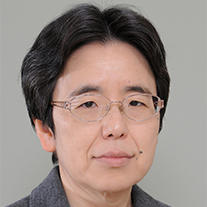
Pathology
Pathology; Cancer epigenetics; Integrative disease omics analysis
To participate in genome medicine and preventive/pre-emptive medicine by understanding the molecular mechanisms of diseases, therapeutic and diagnostic targets are explored based on integrative disease omics analysis, especially epigenome analysis, in human cancers derived from various organs, histopathologically-recognized precancerous lesions and cancer-prone metabolic and/or inflammatory disorders.
Thesis Advisor:Master's
、 Doctoral -
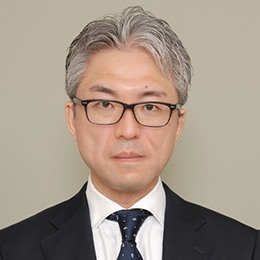
Pathology
Pathology
We are investigating molecular mechanisms that drive tumorigenesis, informed by histopathological examinations of human tumors. Our research particularly focuses on tumorigenesis of gastrointestinal tumors and those associated with hereditary tumor syndromes.
Thesis Advisor:Master's
、 Doctoral -

Microbiology and Immunology
Immunology; microbiology; intestinal microbiota
Clarifying effects of the intestinal microbiota on the host physiology. Also investigating the mechanisms of host response to pathogens.
Thesis Advisor:Master's
、 Doctoral -
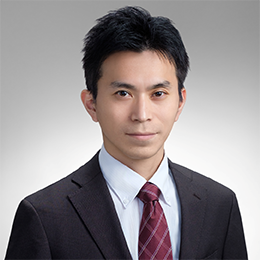
Microbiology and Immunology
Autoimmune diseases, immunogenetics, bioinformatics
We aim to elucidate the pathogenesis of autoimmune diseases and the underlying mechanisms of autoimmune responses through integrated analysis of big data such as multi-omics analysis. To achieve these objectives, we also aim to develop new experimental systems and analysis algorithms.
Thesis Advisor:Master's
、 Doctoral -
Microbiology and Immunology
Gut microbiota, Immunology, Microbiology, Metabolism
Identifying and isolating the intestinal bacterial strains that can affect the host physiology such as immune system and metabolism, and clarifying the mechanism of action. Also researching the metabolisms by gut microbiota.
-

Legal Medicine
Forensic pathology; sudden death study
Investigating the pathogenesis and predisposition of sudden unexpected death syndrome in young Asian males by performing genetic and comparative epidemiological studies. Establishing objective diagnosis methods in forensic medicine.
Thesis Advisor:Master's
、 Doctoral -

Health Policy and Management
Health policy and management; Quality of healthcare; Epidemiology; Evaluation; Social science method
Health policy research and clinical research for i. Quality improvement initiative, ii. Healthcare technology/diagnosis/treatment innovation , iii. Sustainable, optimal healthcare system.
Thesis Advisor:Master's
、 Doctoral -

Biostatistics
Biostatistics Genetic epidemiology
Focusing on clinical research practices and methodologies, we are actively involved in the study of data collection, evaluation, and the development of statistical methods. Furthermore, through the analysis of human genetic information and the development of statistical methodologies, our goal is to elucidate diseases and establish personalized medicine.
Thesis Advisor:Master's
、 Doctoral -

The Ishii-Ishibashi Laboratory - Department of Extended Intelligence for Medicine
Data-driven biomedical science
To develop precise prediction-based treatments and preventions, we are studying diverse and dynamic processes of patients from their data. For that, new analytical methods by combining a causal model, information geometry, machine learning and a reduced order model for non-linear phenomenon are developing. The knowledge gained from these novel analyses will be implemented in medicine by the concept of extended intelligence.
Thesis Advisor:Master's
、 Doctoral -
 Tetsuo IshikawaAssociate Professor
Tetsuo IshikawaAssociate Professor
The Ishii-Ishibashi Laboratory - Department of Extended Intelligence for Medicine
Data science, Mathematical medical science, Cognitive neuroscience
Gaining insights from health and clinical data analysis that lead to personalized/preventive medicine through knowledge discovery by visualization, interdisciplinary approaches that utilize mathematical modeling and machine learning, and construction of hybrid intelligence in which experts and machines collaborate.
-
-

Division of Brain Sciences, Institute for Advanced Medical Research
Brain sciences, Neurochemistry, Biological psychiatry
The aim of the Division of Brain Sciences is a multi-layered (gene, cell, circuit) understanding of brain functions. We regard the brain as the sum of its parts—neuron, glia, and vasculature—and explores the unseen interaction between the brain and peripheral organs that engages in higher brain functions such as emotion and motivation. These efforts will lead to the development of novel treatments for mental illness.
Thesis Advisor:Master's
、 Doctoral -

Division of Tumor Immunology, Institute for Advanced Medical Research
Development of immunotherapy for cancer and chronic inflammation
We aim to develop a novel immunotherapeutic approach for cancer and chronic inflammation through elucidating the role of immune system in these diseases. We are especially interested in adoptive immunotherapy, in which immune cells are used as a “living drug” to attack cancer cells.
Thesis Advisor:Master's
、 Doctoral -
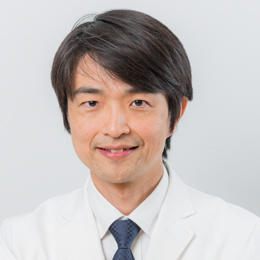
Pulmonary Medicine
Respiratory medicineInflammatory lung disease (asthma, COPD), Sleep apnea syndrome
Research on the pathophysiology and development of novel treatments of inflammatory lung diseases, especially severe asthma and also screening methods for patients with sleep apnea syndrome and methods for evaluating therapeutic effects.
Thesis Advisor:Master's
、 Doctoral
Related Links

